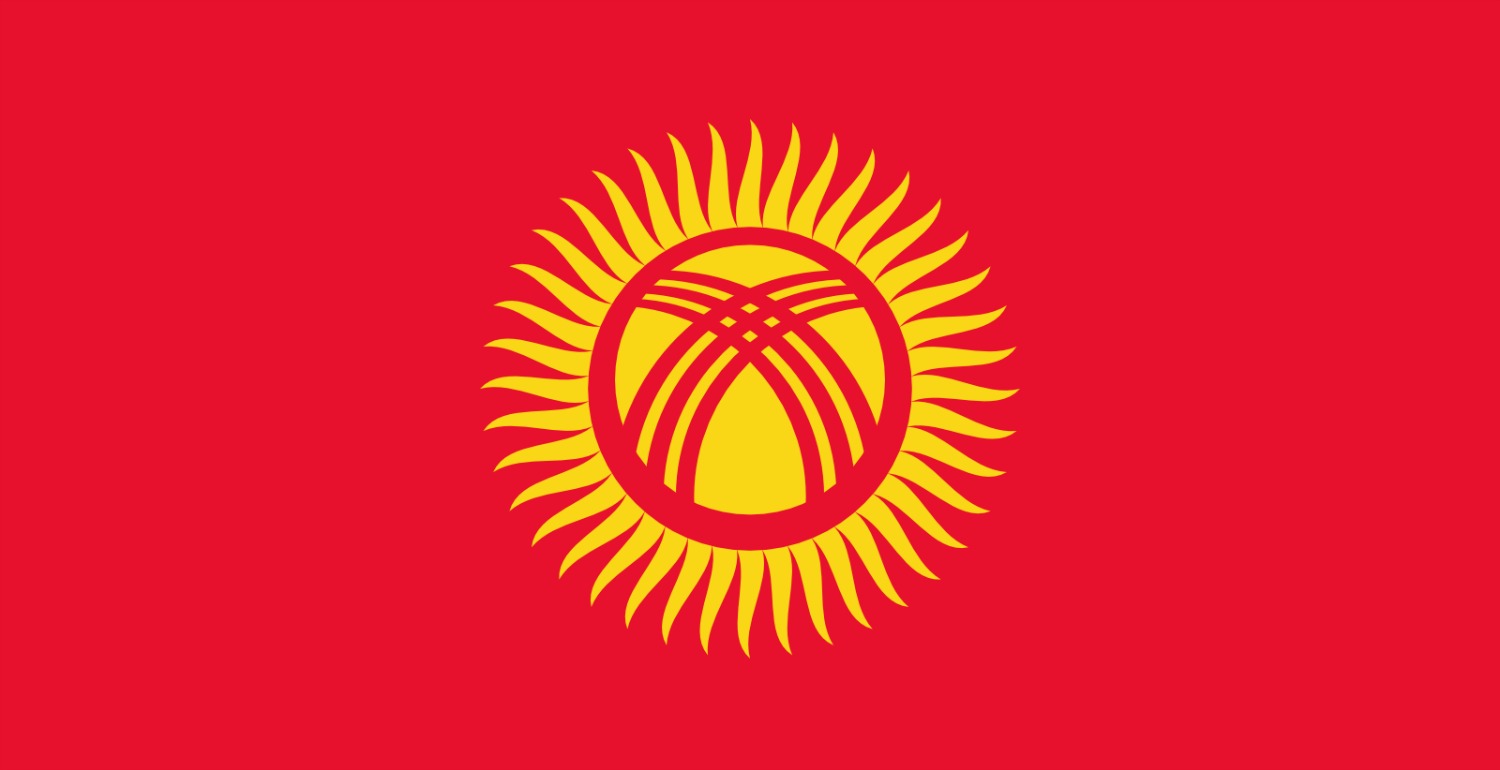During four days in June, 2011, ethnic Kyrgyz and ethnic Uzbeks clashed in the southern region of Osh, leaving some 470 dead and over 400,000 displaced. Thousands of homes and businesses were destroyed. Although international assistance prevented a humanitarian disaster, rebuilding has barely started. Human rights abuses continue and ethnic nationalism is on the rise.
An independent international investigative report made numerous recommendations to the Government of Kyrgyzstan about addressing the serious ethnic situation. So far, the reaction by the Kyrgyz authorities has been mixed, and it is unclear which proposals Bishkek will accept. In this complicated atmosphere, Kyrgyzstan is also facing presidential elections this fall, the final step in putting in place a new governmental system following the revolution that overthrew former President Bakiyev in April 2010






